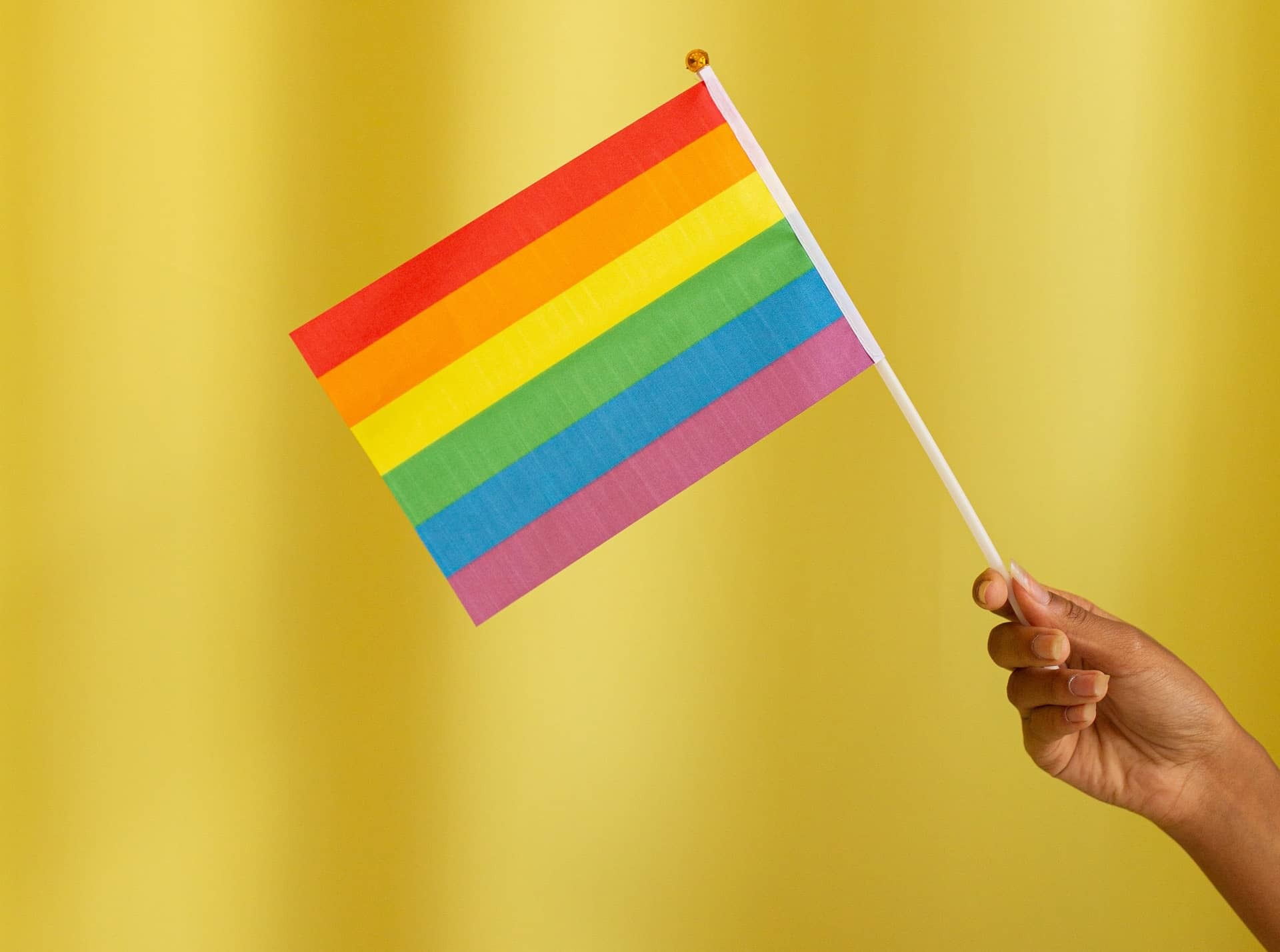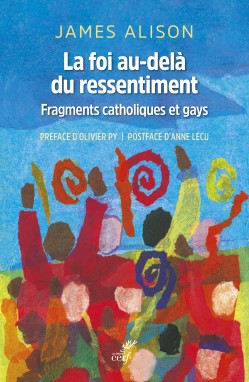This article was originally posted on June 1, 2022.
Can Catholics celebrate Pride Month, when the LGBTQ community marks its place in society? Can Catholics celebrate the series of events that take place in June, during what is often now simply called “Pride”? Can they do this when pride is one of the traditional seven deadly sins?
Isn’t it wrong to show pride?
First, it’s important to remember that there are (at least) two kinds of pride. The first is the satisfaction that can come from your own accomplishments. This can turn into vanity, which is something to avoid. That brand of pride says, “Look how great I am!” It’s the opposite of humility, a key virtue in the Christian life.
Humility reminds us that we are not the center of the universe and that our lives depend on God. This is the kind of humility Jesus speaks of in the Beatitudes when he says, “Blessed are the poor in spirit” (Mt. 5:3). So the first kind of pride can be a threat to humility, to discipleship and to the spiritual life overall.
But the second kind of pride is a consciousness of one’s own dignity. And that’s closer to what Pride Month is meant to be for the LGBTQ community: a recognition of the human dignity of a group of people who have, for centuries been, treated with contempt, rejection and violence.
For the religious person, this month is also a reminder that LGBTQ people are beloved children of God.
For the religious person, this month is also a reminder that LGBTQ people are beloved children of God. Pride Month reminds Catholics to treat LGBTQ people with the “respect, compassion and sensitivity” that the Catechism commands, the “closeness, compassion and tenderness” that Pope Francis has taught, and the love and mercy that Jesus showed to all people, especially those on the margins, during his public ministry.
It’s especially important for churches to mark Pride Month since much of the rejection that LGBTQ people have faced has been motivated by Christianity—at least what many people think Christianity teaches. An example: One of the most common reasons for homelessness among LGBTQ teens is that they have been kicked out of their families for ostensibly religious reasons.
Churches have also been places where LGBTQ people have felt insulted, rejected and unwelcome, a result of the words and deeds of not only some bishops and pastors, but Catholic lay leaders and the faithful. So, it’s important for churches to mark Pride Month and remind our LGBTQ friends that they are welcome in what is, after all, their church, too.
We also have to remember that in many countries, being LGBTQ is a life and death issue. In several countries, you can be executed simply for being gay or engaging in same-sex relations. In these places, LGBTQ issues are life issues. In some 70 countries, you can be jailed for LGBTQ advocacy. And in many others, LGBTQ people are regularly harassed, assaulted or murdered. The church is called to stand with these persecuted people throughout the year, but especially during Pride Month.
And just because you celebrate Pride Month doesn’t mean that you necessarily agree with what every person, every organization or even every float in every parade has to say. Pride Month is mainly about supporting the fundamental human rights of the LGBTQ community: the right to live in safety, the right to be treated as equals, and the right to be fully welcome in society.
For the LGBTQ person, pride is not about personal vanity but about human dignity.
Besides, complaints about the use of the word “pride” never seem to apply to other groups. People often say, “I’m proud to be an American” on the Fourth of July. Or they wear buttons that say “Proud to be Irish” on St. Patrick’s Day. Or when something wonderful happens in the church they tell their friends, “I’m so proud to be Catholic.” Few people object to that or would describe that as vanity. People generally understand the kind of pride that these people are talking about.
For the LGBTQ person, pride is not about vanity but about human dignity.
Another objection is marking Pride Month during the same month that Catholics celebrate the Month of the Sacred Heart. But, as I see it, the two are complementary, not contradictory. The Sacred Heart teaches us how Jesus loves; Pride Month reminds us whom Jesus invite us to love today. (I address that at greater length here.)
Maybe the best way to think about Pride Month is to imagine what you would say to a young person who finally summoned up the courage to tell you that they are LGBTQ. You know that God created them. You know that God loves them. And you know that God wants them to be who they are. So, you would probably say, “I am so proud of you for being able to say that.”
That’s the kind of pride we celebrate this month, and that Catholics worldwide can celebrate.
Happy Pride!




